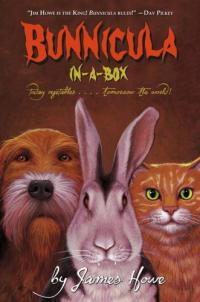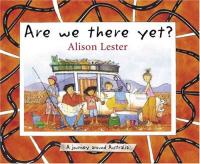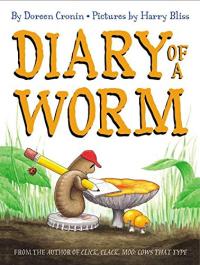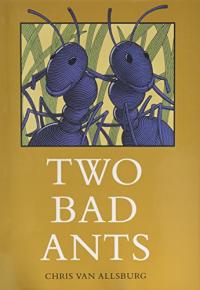Key Information
Focus
Appropriate Group Size
What is the paragraph hamburger?
The “paragraph hamburger” is a writing organizer that visually outlines the key components of a paragraph. Topic sentence, detail sentences, and a closing sentence are the main elements of a good paragraph, and each one forms a different “piece” of the hamburger.
Why use a paragraph hamburger organizer?
- It helps students organize their ideas into a cohesive paragraph.
- It helps show the organization or structure of concepts/idea.
- It demonstrates in a concrete way how information is related.
How to use the paragraph hamburger organizer
- Discuss the three main components of a paragraph, or story:
- The introduction (top bun)
- The internal or supporting information (the filling)
- The conclusion (bottom bun)
- Ask students to write a topic sentence that clearly indicates what the whole paragraph is going to be about.
- Have students compose several supporting sentences that give more information about the topic.
- Instruct students on ways to write a concluding sentence that restates the topic sentence.
Collect resources
Download blank templates
Learn more
This presentation shows each of the elements of the hamburger. The example provided is about why a teacher loves teaching! How to write a really great paragraph ›
Differentiate instruction
For second language learners, students of varying reading skill, and younger learners
- Show them numerous examples of well-written paragraphs and have them identify the parts. Or let them study it on their own by providing a number of paragraphs with the parts labeled.
- Provide students with some of the parts already filled in. For example, you provide all the “filling” sentences, and ask students to write a good introductory or wrap up sentence.
- Provide students with one example filled in entirely. Ask them to cut out each portion and then rearrange the pieces.
- Ask students to find a paragraph within their textbook. See if they can identify the different pieces of that paragraph. If necessary, have them revise the textbook paragraph!
- Have them speak the paragraph before writing the paragraph. Use scaffolding. For example, “What is one thing you would like to tell me about Fido (name of child’s dog).” “How is Fido a lot fun to play with?” (elicit details). “So what did you tell me about Fido?” (conclusion).
See the research that supports this strategy
Richards, R. (2008). Dysgraphia: A Student’s Perspective on Writing.
Richards, R. (2008). The Writing Road: Reinvigorate Your Students’ Enthusiasm for Writing.
Children’s books to use with this strategy

The Bunnicula Collection: Books 1 to 3

Are We There Yet? A Journey Around Australia

Flat Stanley: His Original Adventure

Diary of a Worm

Frogs

I Face the Wind

